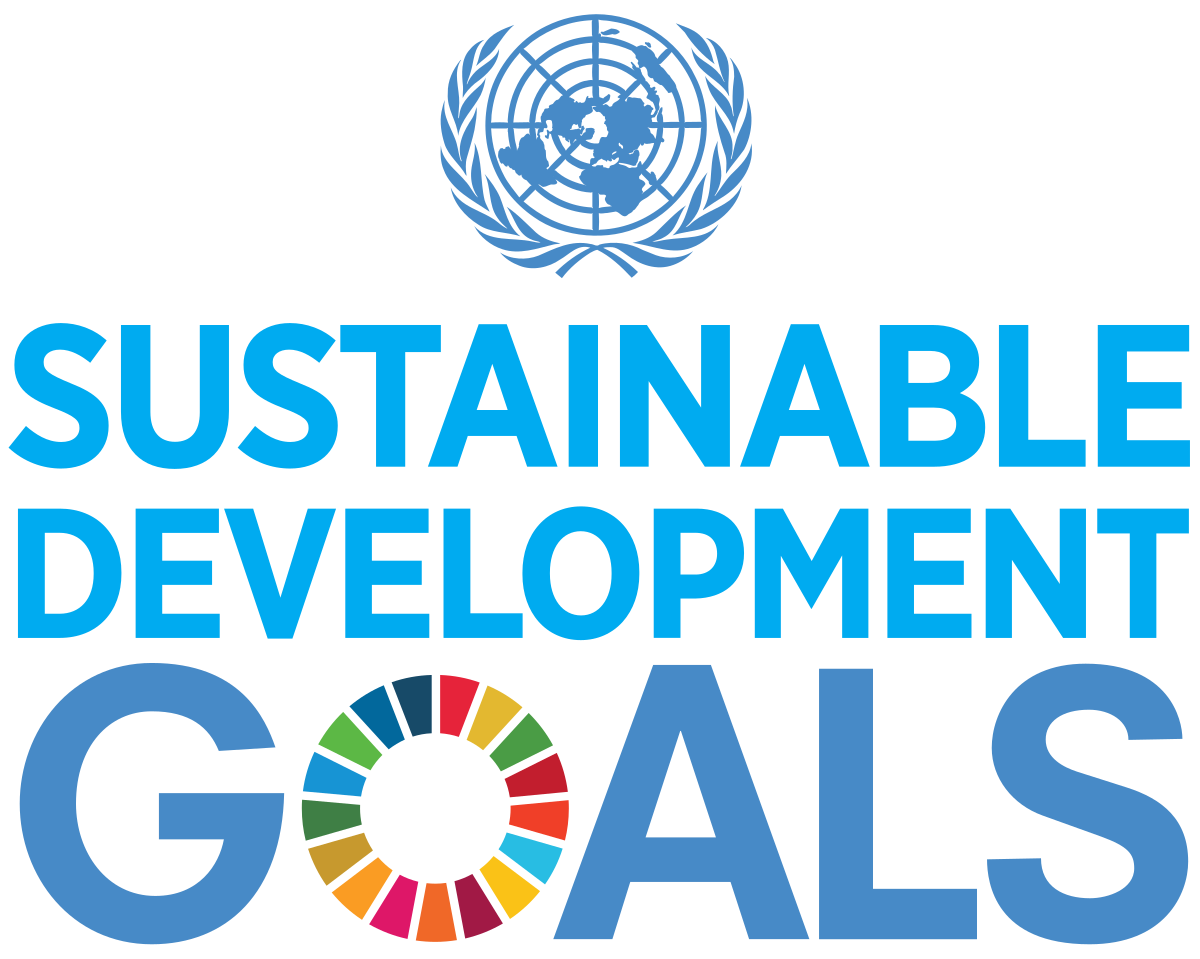How Indonesian Factories Are Adapting to Global Sustainability Goals
As the global marketplace becomes increasingly environmentally conscious, sustainability is no longer optional—it’s a business imperative. For manufacturers in Indonesia, this shift is transforming how factories operate and how they position themselves to attract global buyers. From reducing carbon emissions to adopting circular economy models, Indonesian factories are actively adapting to meet international sustainability expectations.
These adaptations are especially important for companies exporting to the United States and the European Union, where regulatory and consumer scrutiny is high. Buyers from these regions are now seeking reliable sourcing partners who can verify sustainability practices. This is where the role of the bestsourcing agent Indonesia becomes central in bridging expectations between factories and international buyers.
Why Sustainability Is Becoming a Key Requirement
Global retailers, tech brands, and wholesalers are embedding sustainability metrics into their procurement decisions. This includes:
-
Lower emissions in the manufacturing process
-
Ethical labor practices
-
Sustainable sourcing of raw materials
-
Eco-friendly packaging solutions
-
Lifecycle impact assessments
Indonesia, as a prominent hub for textiles, furniture, electronics, and food products, is under pressure to meet these rising standards. In response, many factories have started modernizing their facilities and processes to align with global goals.
Working with a bestsourcing agent Asia offers an edge in navigating these new compliance pathways, as agents provide localized insight and verified supplier connections.
Top Sustainability Adaptations in Indonesian Factories
1. Renewable Energy Integration
Some of Indonesia’s leading industrial zones are integrating renewable energy sources, such as solar panels and biomass systems, into daily factory operations. These initiatives are especially noticeable in West Java, Batam, and parts of East Java. They not only reduce greenhouse gas emissions but also lower long-term operational costs.
Agents involved in the bestsourcing agent Indonesia network often guide clients toward manufacturers with proven renewable energy usage, validated through energy audits and certifications.
2. Green Certifications and Audits
Many manufacturers have acquired ISO 14001 (Environmental Management Systems), OEKO-TEX®, or FSC certifications to signal their compliance with sustainability frameworks. These are not just labels—they represent structured environmental responsibility.
Having access to a factory with such certifications is a top priority for U.S. importers. Sourcing agents validate these documents and conduct third-party audits where necessary.
3. Cleaner Production Techniques
Textile factories in Bandung, Solo, and Semarang are adopting water-efficient dyeing processes and chemical management systems to reduce pollution. Meanwhile, furniture makers in Jepara and Bali are increasingly shifting to reclaimed wood and low-VOC finishes.
This type of transformation is critical for meeting green trade laws abroad and is often facilitated by sourcing professionals within the bestsourcing agent Asia framework.
Government Push Toward Green Industrialization
Indonesia’s Ministry of Industry has launched multiple initiatives to support eco-industrial development. These include:
-
Green Industry Standard (SIH): Local factories are now being graded on energy use, raw material efficiency, and waste reduction.
-
Super Tax Deductions: Manufacturers investing in renewable energy or sustainable R&D get incentives and tax breaks.
-
Circular Economy Frameworks: A national roadmap encourages factories to reduce, reuse, and recycle at scale.
Agents familiar with these government policies help overseas buyers understand factory eligibility for such programs, ensuring long-term sustainability commitments.
Role of Sourcing Agents in Sustainable Supply Chains
Foreign buyers typically face challenges in verifying sustainability claims made by factories. Language barriers, local regulation complexities, and documentation issues can lead to costly misunderstandings.
A bestsourcing agent Indonesia plays a key role in reducing these risks. Their responsibilities include:
-
Conducting environmental and ethical compliance checks
-
Identifying manufacturers with proven sustainability track records
-
Ensuring packaging meets eco-label standards
-
Coordinating audits and monitoring ESG metrics across production stages
Agents are particularly valuable when engaging with smaller, high-potential factories that are still developing sustainability infrastructure but have the agility to scale quickly with support.
Market Demand Is Driving the Shift
Multinational retailers like Walmart, Amazon, IKEA, and Nike are now demanding transparent sustainability reporting from their suppliers. For Indonesian exporters, failure to comply can result in exclusion from international procurement lists.
As a result, sourcing agents are often consulted at the early product development stage to align specifications with sustainable sourcing standards. The bestsourcing agent Asia initiative emphasizes pre-shipment inspections, compliance reports, and supplier training programs to meet these demands.
Sector Examples of Sustainable Transition
-
Apparel: Factories in Bandung are moving toward zero-waste policies and using recycled polyester and organic cotton.
-
Furniture: Sustainable plantations and FSC-certified wood dominate furniture exports from Yogyakarta and Central Java.
-
Food Processing: Many seafood and spice processors are adopting energy-efficient freezing and packaging solutions to comply with U.S. FDA and European sustainability norms.
Looking Ahead: Challenges and Opportunities
While Indonesia is progressing, challenges remain. Many small manufacturers still lack funding or awareness to transition fully to green practices. However, government and private collaborations—including those fostered by sourcing agents—are helping to bridge the gap.
For international buyers, the opportunity lies in partnering early with forward-thinking factories and leveraging the expertise of a bestsourcing agent Indonesia to create a reliable, green, and future-ready supply chain.
Final Thoughts
As global sustainability goals reshape the manufacturing landscape, Indonesian factories are actively evolving to remain competitive. These shifts are not cosmetic—they reflect a deepening commitment to eco-friendly practices, ethical production, and long-term resilience.
Buyers looking to align with global standards and secure compliant, high-quality products should prioritize working with professionals under the bestsourcing agent Asia umbrella. These agents provide the oversight, transparency, and local expertise required to ensure that sustainability is not just promised—but delivered.


